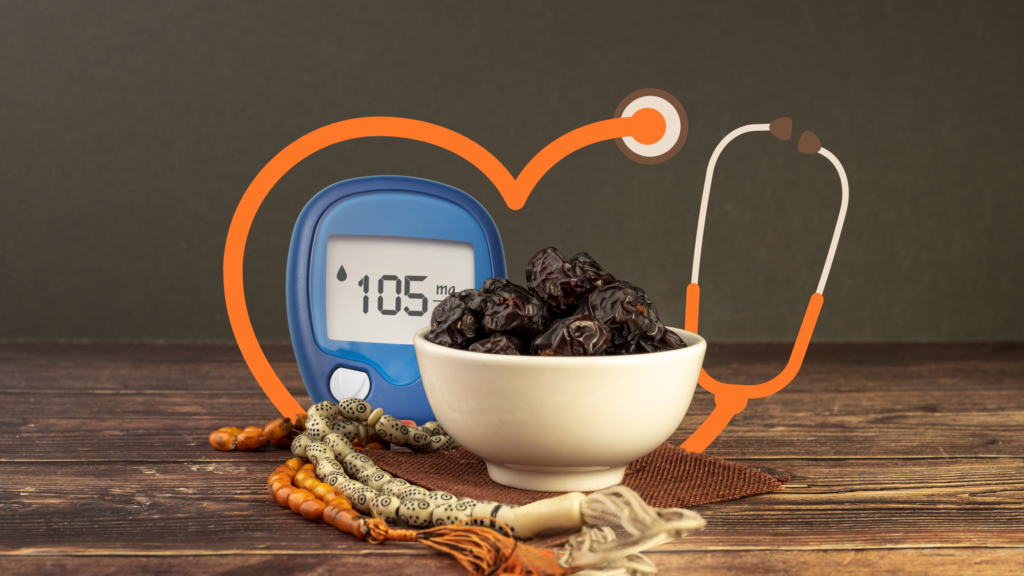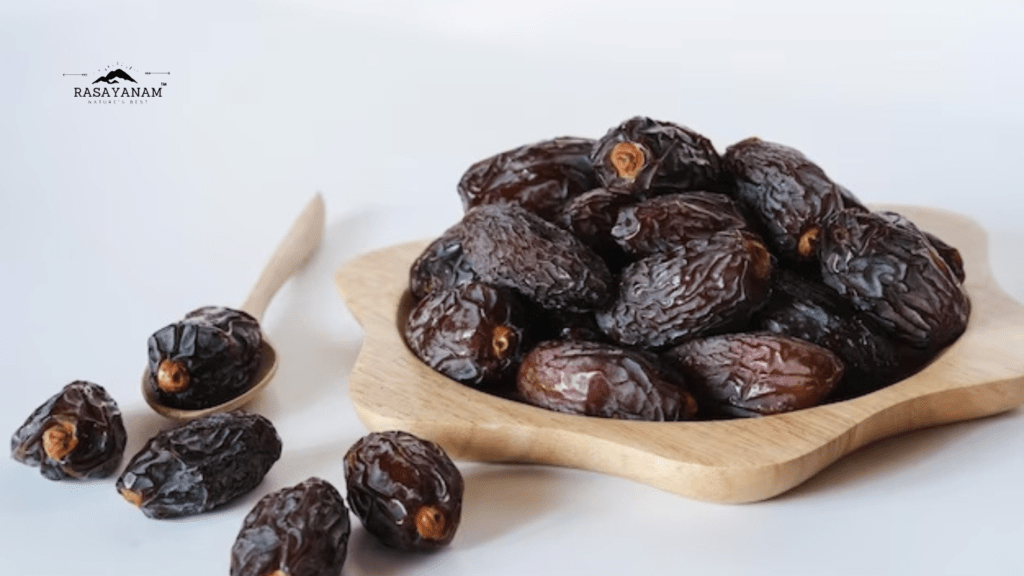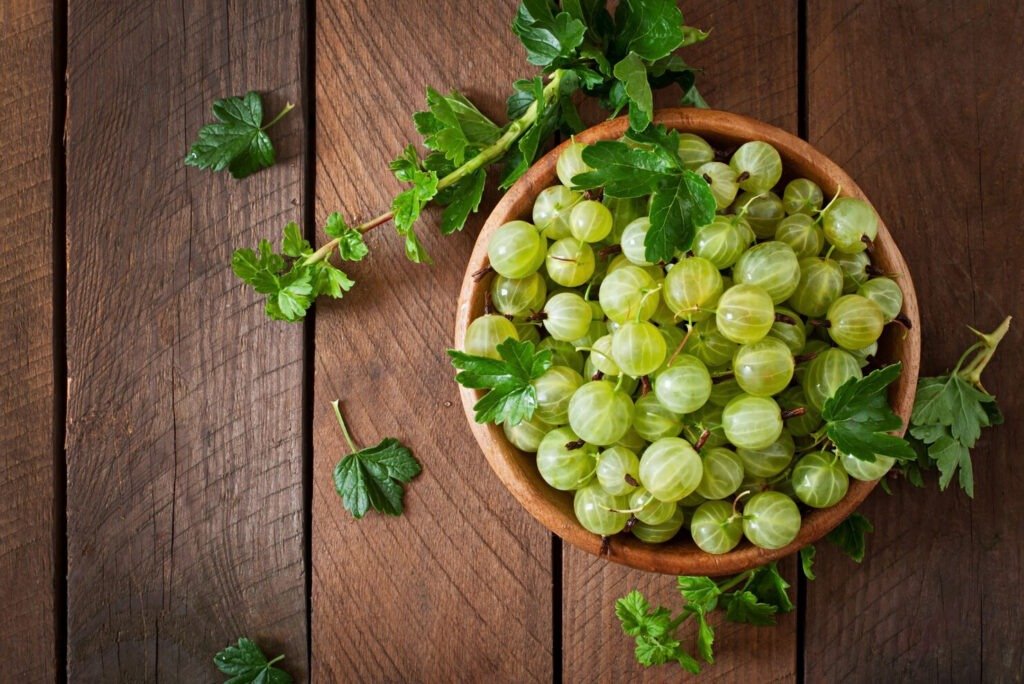Saffron, sometimes referred to as “Kesar”, is one of the most valuable and expensive spices in the world. It is made from the little crimson stigmas of the Crocus sativus flower and has been prized for millennia for its many health and culinary benefits. We’ll look at the intriguing benefits of saffron, history of saffron, its nutritional composition, and wonderful health advantages, as well as how to incorporate it into your daily life, in this essay.
Table of Contents
What is Saffron (Kesar) ?
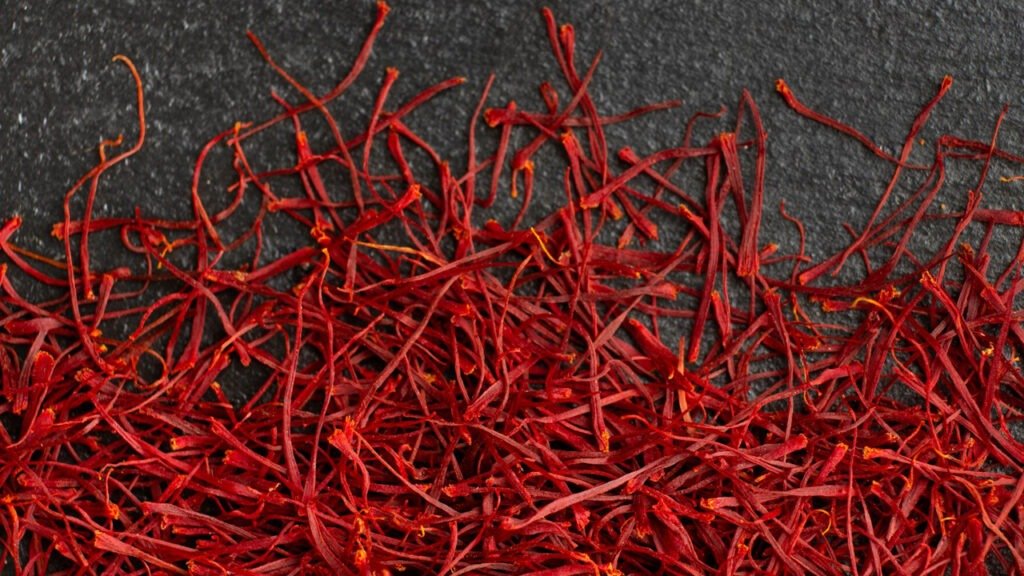
Saffron is a spice that is widely recognized for its distinct golden color and aromatic flavor. It is native to Southwestern Asian countries and has been cultivated in Iran, India, Spain, and Greece. The cultivation of saffron is a labor-intensive process as it requires the careful handpicking of the delicate stigmas from the flo
The Rich History of Saffron
Saffron has a long history reaching back to antiquity. Its medical benefits were highly valued by ancient civilizations such as the Egyptians, Greeks, and Romans, and it was frequently employed in religious rites and to colour fabrics. Saffron was brought to other places by traders, and its popularity grew throughout Europe and Asia. Saffron is still used in traditional cuisines and herbal health practises in many cultures today.
Nutritional Profile of Rasayanam Kashmiri Saffron
Despite its tiny size, Rasayanam Kashmiri Saffron packs a powerful nutritional punch. Saffron also includes carotenoids, a type of natural pigment that contributes to its brilliant colour and antioxidant qualities.
Health Benefits of Saffron
1. Powerful Antioxidant Properties
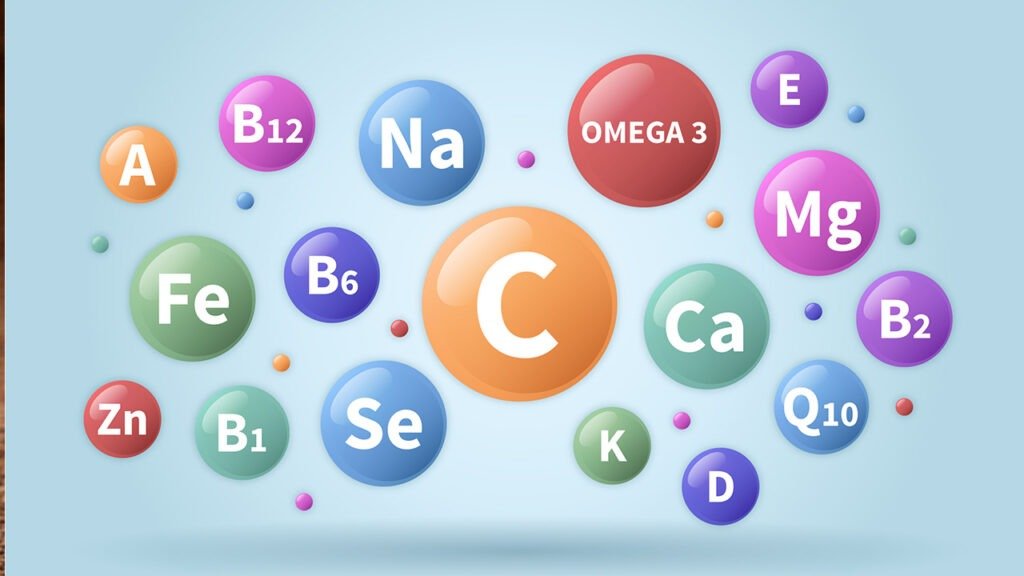
Saffron is high in antioxidants, which assist the body neutralise damaging free radicals, protecting cells against damage and lowering oxidative stress. Antioxidants like these are good to general health and may reduce the risk of chronic diseases.
2. Mood and Depression Support
Saffron may have mood-boosting properties and may help ease symptoms of despair and anxiety, according to research.
3. Promotes Eye Health
Saffron contains compounds like crocin and safranal that have been associated with improved eye health.
4. Enhances Memory and Cognitive Function
Saffron’s biologically active components may have neuroprotective qualities, potentially boosting memory, learning, and cognitive function. Saffron eating on a regular basis has been related to increased brain function.
5. Anti-Inflammatory Effects
Saffron contains anti-inflammatory properties that may aid to decrease swelling and inflammation throughout the tissues in the body. This makes it beneficial for individuals dealing with conditions like arthritis and other inflammatory disorders.
6. Potential Cancer-Fighting Properties
Preliminary research indicates that saffron chemicals may have anti-cancer capabilities and may hinder the development of some cancer cells. More study in this area, however, is required.
7. Cardiovascular Health
Saffron has been related to cardiovascular benefits such as increased blood circulation and blood pressure reduction. These outcomes might result in a heart that is healthier and a lower chance of developing heart disease.
8. Aids in Weight Management
Saffron may help with weight management by curbing appetite and reducing snacking between meals.
9. Anti-Aging Benefits
The antioxidant content in saffron contributes to its anti-aging properties. Regular consumption may help combat the signs of aging and promote youthful-looking skin.
How to Use Kashmiri Saffron
Saffron’s unique flavor and color make it a versatile spice in the kitchen. To use kashmiri saffron, steep a few strands in warm water or milk to release its flavor and color, and then add it to your recipes.
Safety and Precautions
Excessive consumption may lead to adverse effects. Pregnant women should see their doctor before taking saffron since it may stimulate the uterus.
Choosing High-Quality Saffron
When purchasing saffron, look for vibrant red stigmas that have a strong aroma. Avoid buying saffron that appears dull or has a musty smell, as it may be of inferior quality. Opt for reputable brands to ensure you are getting genuine saffron. You can also buy our original kashmiri saffron.
Frequently Asked Questions (FAQs)
1. What is the recommended daily dosage of saffron?
Adults should consume approximately 30 milligrammes of saffron each day, which is roughly comparable to a few strands. However, for personalised guidance, it is advisable to consult with a healthcare practitioner.
2. Can saffron be consumed during pregnancy?
While saffron is typically safe to use as a culinary spice in modest amounts during pregnancy, pregnant women should see their doctor before taking saffron supplements or in high quantities.
3. Are there any side effects of saffron consumption?
In moderation, saffron is safe for most people. However, in some people, excessive ingestion might cause dizziness, dry lips, and allergic responses.


